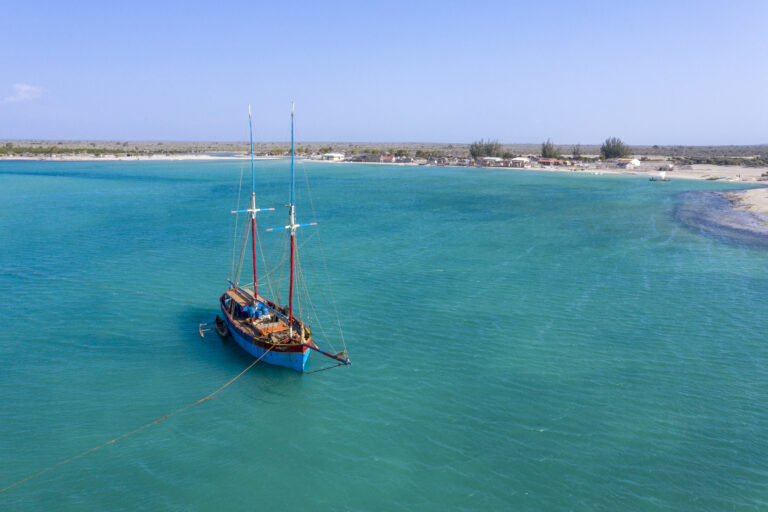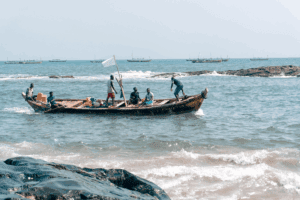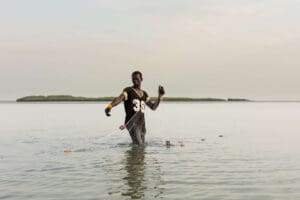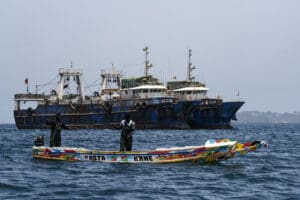Madagascar has taken a step towards greater fisheries transparency with the publication of its first status report for the Fisheries Transparency Initiative.
The report, which will be updated annually, shines a light on critical fisheries information and data that have not previously been published. This includes details of fisheries laws and regulations for industrial fishing vessels, as well as revenues from industrial fishing. The report also congratulates the Government of Madagascar on progressive fisheries reforms, including freezing the size of the industrial fishing fleet and introducing new regulations for the industrial fishing sector.
The Fisheries Transparency Initiative, or FiTI, is a global initiative to promote transparency and participation in the management of marine fisheries. By signing up to FiTI, countries commit to 12 steps towards greater transparency, amongst them publishing regular reports on the state of the fisheries of signatory countries, as well as details of licence agreements signed with distant-water industrial fleets and revenues from fishing. Madagascar became the third African country to officially join FiTI on the 6th of December 2022, following Mauritania and Seychelles.
Far-ranging reforms of the fisheries sector in recent years, led by the Ministry of Fisheries and the Blue Economy, have already dramatically changed the country’s fisheries landscape. Observer groups, including Blue Ventures, the Worldwide Fund for Nature, and Transparency International-Madagascar, were recently invited to participate in negotiations over new licence agreements for the European Union and other foreign fleets fishing in Madagascar’s waters. This is the first time civil society groups have participated in these controversial negotiations, and the 2022 talks secured terms with notable gains, including improved sustainability, better fees for Madagascar, and increased support for the domestic small-scale fisheries sector. Revenues have already resulted in the distribution of safety equipment and improved fishing gear to thousands of small-scale fishers.
Despite Madagascar’s rich marine resources, its 250,000 small-scale fishers remain among the poorest in the world and face growing challenges from fisheries declines linked to overfishing and climate change. In the face of these threats, across the country, hundreds of communities are taking practical steps to rebuild small-scale fisheries and restore threatened coastal ecosystems, including high biodiversity coral reefs and carbon-rich seagrasses and mangroves.
Gildas Andriamalala, Madagascar Country Director of Blue Ventures, said: “Publication of this report marks a pivotal leap towards transparency and enhanced governance of the country’s fisheries sector. I hope it will help strengthen the gains made in small-scale fisheries management across the country and lead to tangible improvements in the lives of Malagasy fishers and coastal communities. This country is demonstrating regional leadership in progressive fisheries reforms, and we hope this will inspire other coastal states to improve transparency across the sector.”
Mahantante Tsimanaoraty Paubert, Madagascar’s minister of Fisheries and Blue Economy, added:” This report will feed into ongoing reflections on priority reforms, urgent measures, plans to be implemented, and innovations to be put in place to resolve the problems identified and seize emerging opportunities.”
Through its partnership with Madagascar’s Ministry of Fisheries and the Blue Economy, Blue Ventures is supporting the national FiTI secretariat and multi-stakeholder group, including in hosting regional dialogues on combating Illegal, Unreported, and Unregulated Fishing (IUUF) in the Western Indian Ocean.


















